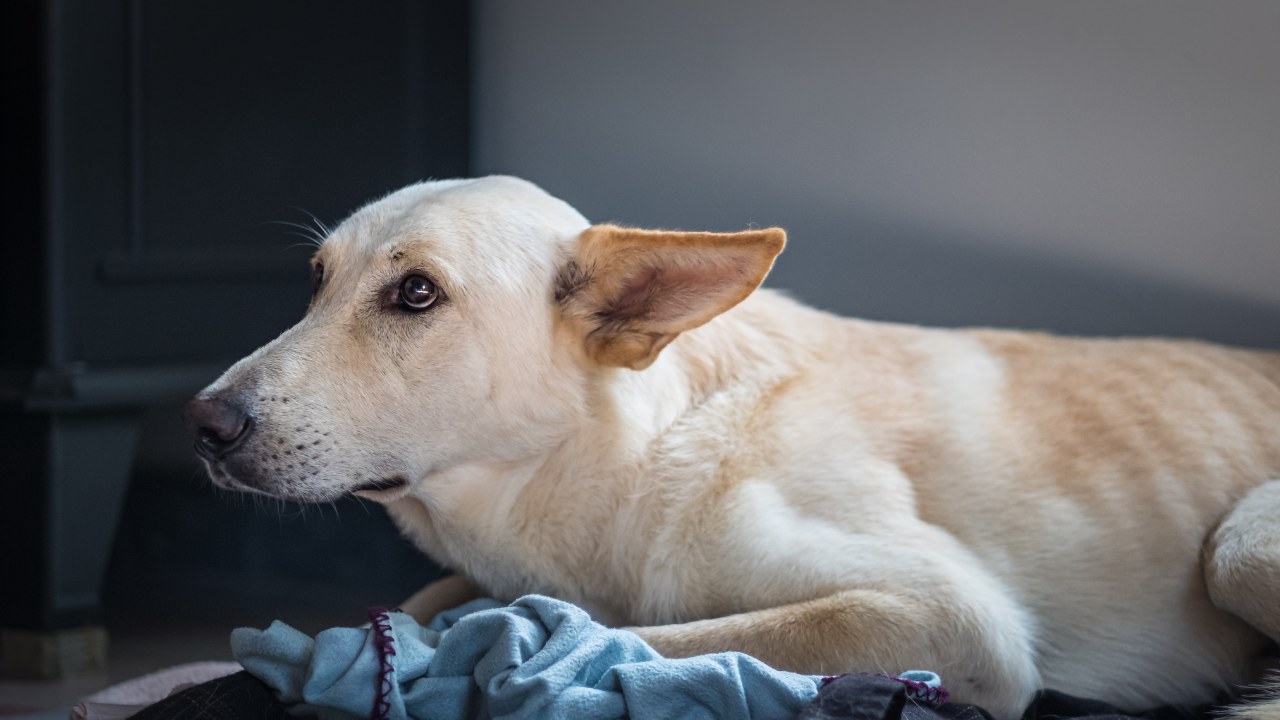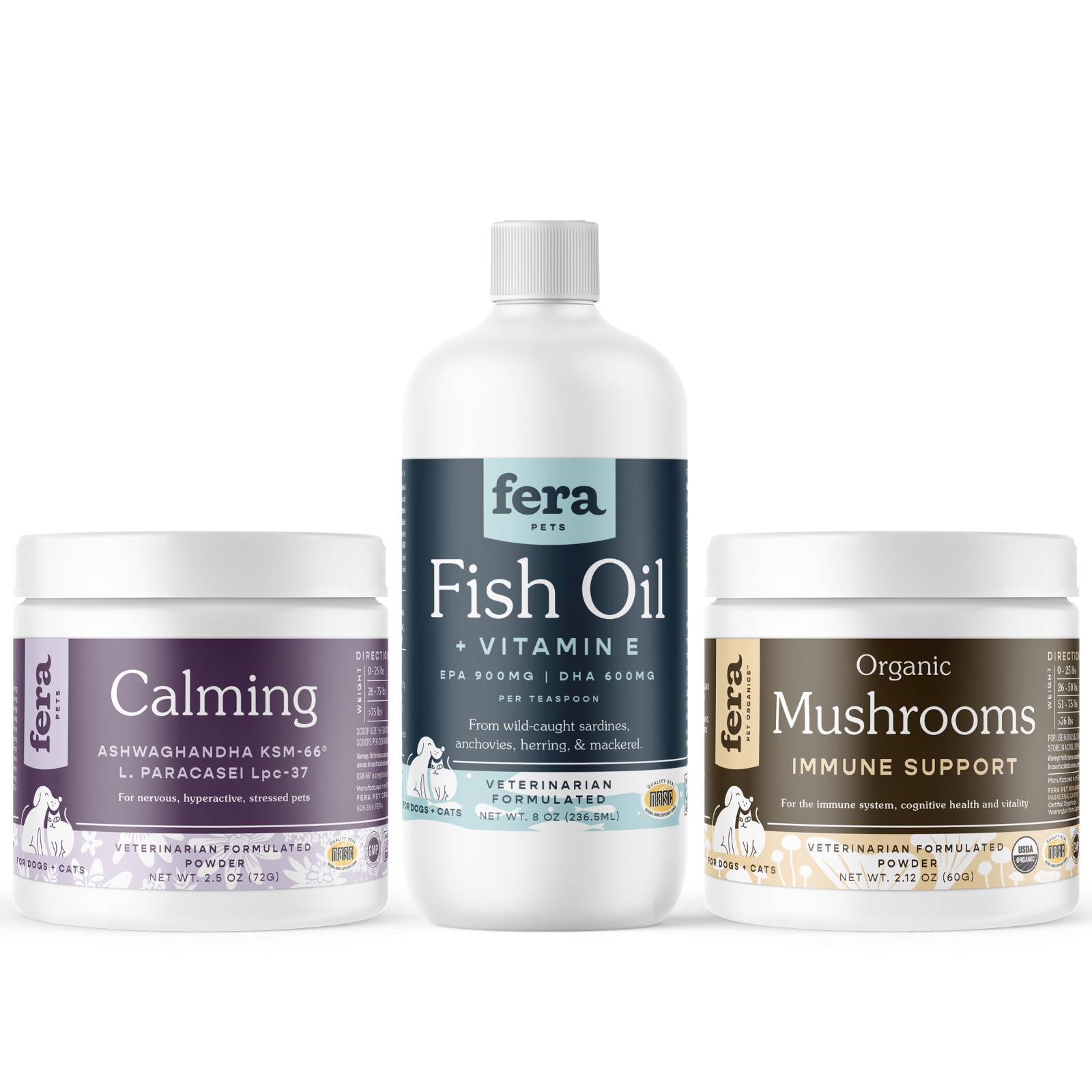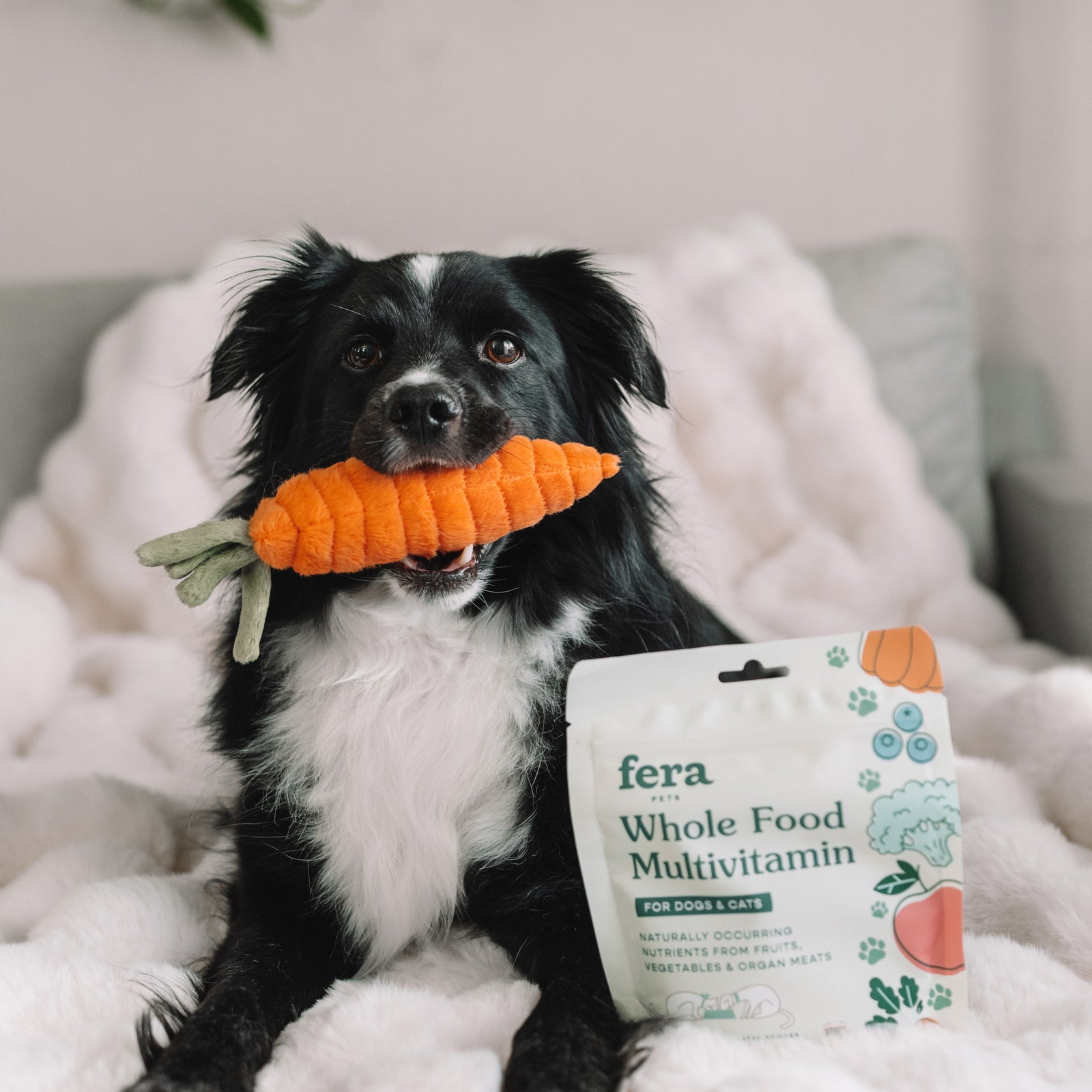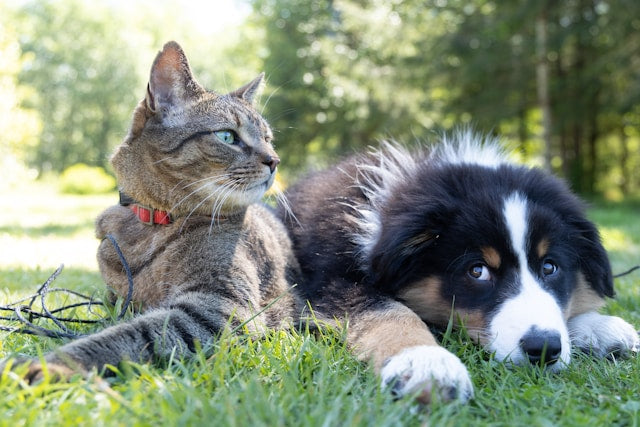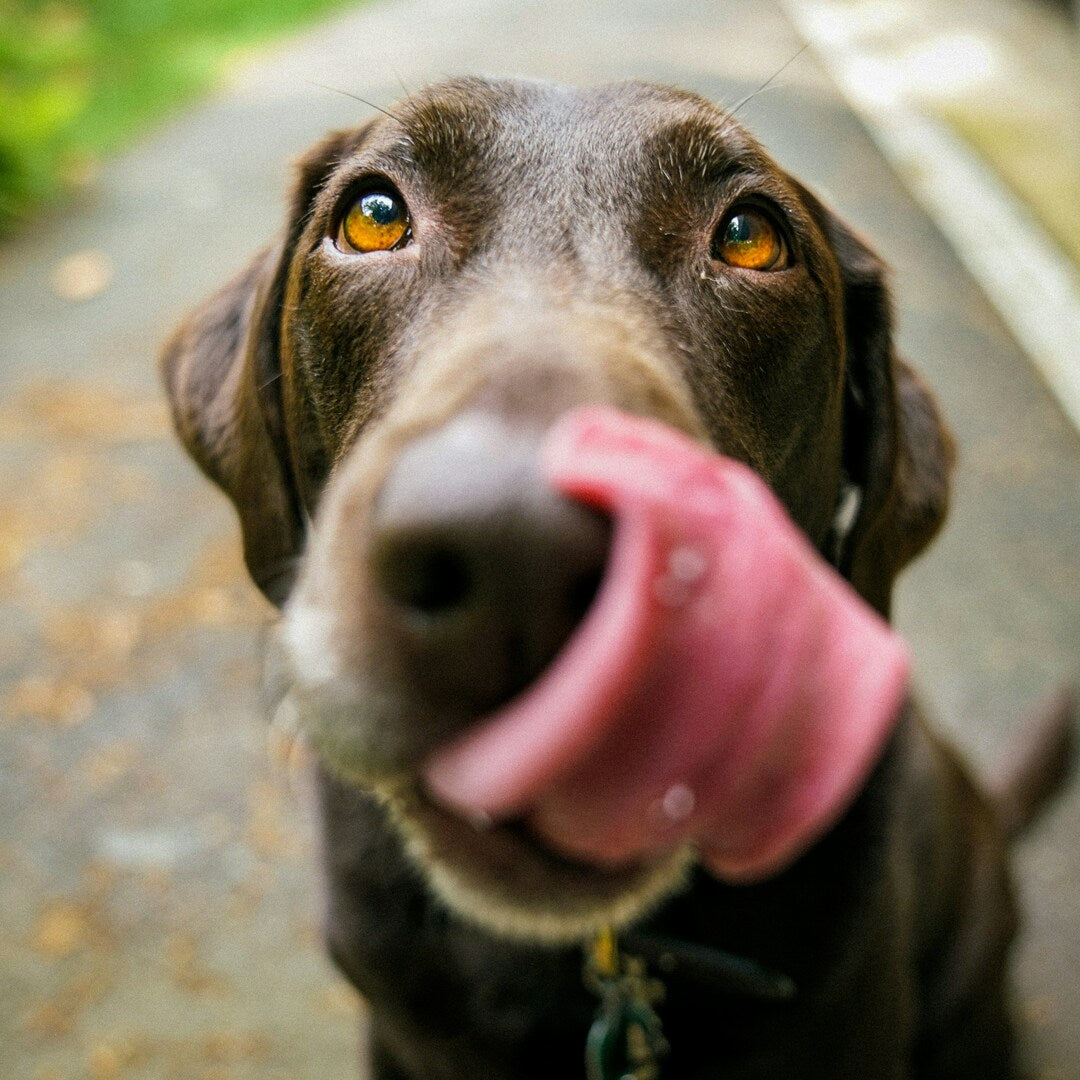8 Signs Your Dog Has Anxiety and Ways to Treat It
Unlock the secrets to your dog's anxiety with these 8 revealing signs. Discover natural and holistic solutions to ease their stress and improve their well-being. Transform your furry friend's life with our expert tips and guidance. Your pet's happiness starts here!
Is your dog excessively barking, howling, panting, shivering, running away and hiding, or digging? These actions can all be indications of anxiety in dogs. However, how can you determine when these behaviors become a concern?
Anxiety can impact dogs of all breeds, but each dog may experience it differently. While occasional feelings of anxiety are common for dogs, some may struggle with anxiety disorders. This can lead to a range of behavioral and other problems for your furry friend.
The most prevalent anxiety disorder among dogs is separation anxiety. This makes sense, as we are often our pet's source of happiness and security, and they can become anxious when we're not around.
So, how can you tell if your dog has anxiety, and what can you do to help?

Here are 8 signs your pet may have anxiety:
Barking, Whining, and Howling
Barking is a natural part of being a dog, all dogs bark at times. It’s when this behavior is intensified and prolonged it becomes a sign your dog is under stress. Whining and barking can be a way to get your attention or self sooth.
Drooling and Licking
Dogs are known to drool and lick excessively when they are stressed.
Hiding or Escape Behavior
Some dogs will hide behind their owners or retreat to a safe place in the home. If your dog is avoiding interacting with people or other dogs, DO NOT force the situation. Forcing these kinds of situations can lead to aggression.
Changes in Posture
Dogs who cower or shift their weight to their rear legs may be exhibiting signs of stress. Dog’s will also tuck their tails between their legs and become rigid when they are anxious.
Shedding
Dogs are known to shed a lot when visiting a veterinarian clinic. This is because shedding increases when a dog is nervous. Show dogs are also known to “blow their coat” when they are nervous in the show ring.
Aggression
Anxiety can turn into aggression, and aggression is dangerous. There are two types of aggression, direct and indirect.
Urinating and Defecating
Messing in the house is a common symptom of separation anxiety. Anxious dogs will often work themselves up to the point that they pee and poop in the house. This can be one of the most frustrating symptoms of anxiety for pet parents.
Destruction
Anxious dogs are known to be the worst for destruction. Damage is often located near windows and doors. Destructive dogs are at high risk for harming themselves.

8 Ways to Treat Anxiety
Thankfully, there are natural and holistic solutions to help dogs struggling with anxiety.
Exercise
Stress can result in increased energy levels, and engaging in physical activity can be an effective way for your dog to channel that energy productively. Taking your dog on a scent walk is a great way to provide both physical and mental exercise. Providing physical touch and talking to your dog can also be beneficial during this time. Additionally, exercise can release the same mood-boosting endorphins in dogs as it does in humans.
Calming Coats
Calming coats work in the same way as swaddling a baby or weighted blankets. They apply slight pressure that helps your dog relax. Calming coats are especially great when you have to travel or know you will be in a situation that causes your dog anxiety.
Affection
Physical contact and affection have a soothing effect on your dog. Just like a hug can make you feel better, the same goes for your dog. When you see your dog is experiencing anxiety try giving them a hug, cuddle on the couch, or a good pet session.

Passion Flower
Passion flower is a climbing vine that features purple and white blooms. It is commonly used to treat a variety of conditions such as insomnia, stress, ADHD, and pain. Studies have shown that passion flower increases the levels of GABA (gamma-aminobutyric acid) in the brain. GABA is a neurotransmitter that reduces brain activity, promoting relaxation and improved sleep.

KMS-66 Ashwagandha
KMS-66 uses only the roots of ashwagandha and absolutely no leaves. Ashwagandha has been used for thousands of years and is known as one of the most powerful herbs. It is known to help alleviate stress and stress management.
GABA
GABA (gamma-aminobutyric acid) is a neurotransmitter, a chemical messenger in the brain. It is known for its calming effect by reducing brain activity by decreasing a nerve cell's ability to receive, produce, or transmit messages to other nerve cells. GABA helps alleviate stress and anxiety.
L-Theanine
L-theanine is a naturally occurring non-protein amino acid that promotes relaxation in dogs. It helps to reduce levels of stress and anxiety and improve sleep quality, while keeping dogs in a relaxed state. This amino acid can be found in tea and has a calming effect on dogs.
Probiotics
The gut-brain axis refers to the communication pathway between the gut and the central nervous system. This axis has a significant impact on mood regulation through the release of hormones and neurotransmitters. An imbalanced gut microbiome can contribute to mood disorders, highlighting the important connection between gut health and mental well-being.
Upgrade Your Pet’s Health the Natural Way
Unlock your pet's health potential with expert advice from Dr Michelle Dulake! Start making informed decisions today with her cutting-edge insights, backed by years of experience and research. Don't miss out – secure a brighter, healthier future for your furry friend!
At Fera Pet Organics, we’re committed to using only the most natural high-quality ingredients to keep your furry family members healthy and happy for as long as possible.
We’d love to hear from you! What do you want to learn about next? Do you have any comments or questions? Reach us at hello@ferapets.com!
